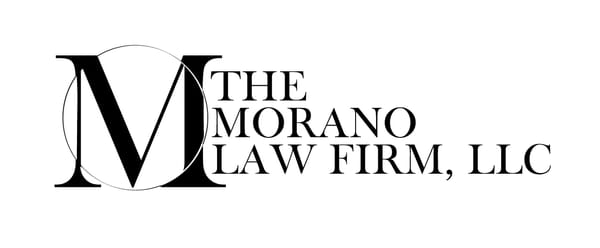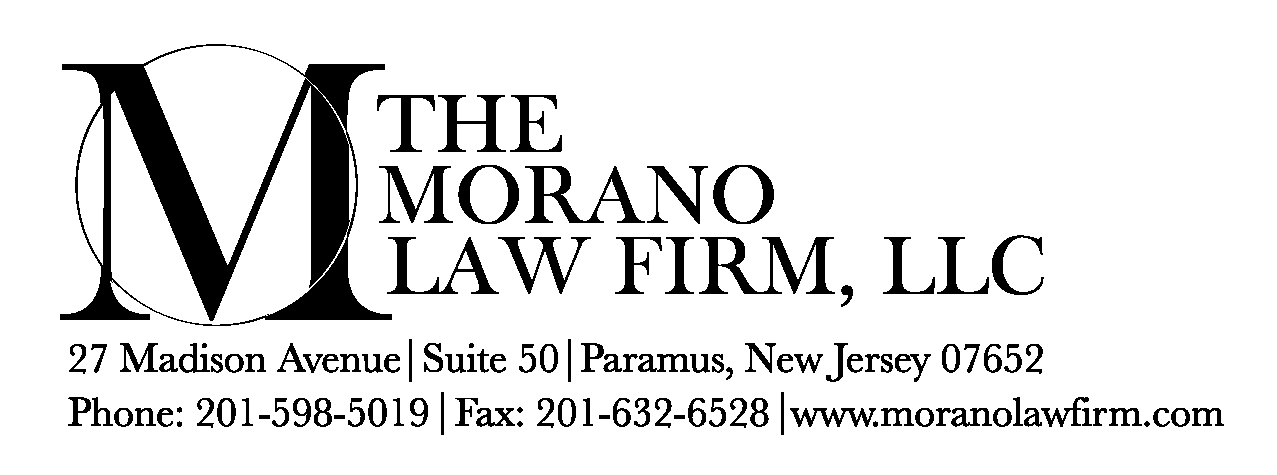Regardless of a recent groundswell of support for the legalization of marijuana, in most states possession and sale of illegal drugs carries harsh  penalties, not the least of which include prison sentences. Possessing up to 50 grams of marijuana is considered a disorderly persons offense under statute 2C:35-10(a)(4) and can land a person up to 6 months in prison and/or a $1,000 fine. Possession of larger quantities is a 4th degree crime and can result in a prison sentence of up to 18 months and up to a $25,000 fine.
penalties, not the least of which include prison sentences. Possessing up to 50 grams of marijuana is considered a disorderly persons offense under statute 2C:35-10(a)(4) and can land a person up to 6 months in prison and/or a $1,000 fine. Possession of larger quantities is a 4th degree crime and can result in a prison sentence of up to 18 months and up to a $25,000 fine.
While marijuana is one of the most common drugs referred to when discussing drug laws, illegal drug possession is not limited to illegal drugs. Marijuana, along with such drugs as heroin, peyote, and 3,4-methylenedioxymethamphetamine (commonly called “Ecstasy”) are considered Schedule I controlled substances for their (sometimes debatable) high potential for abuse and lack of medical application. Lower Schedule substances include many prescription medications, which are illegal to possess without a proper prescription from a doctor. Unlawfully possessing even Schedule V drugs is a crime of the fourth degree under statute 2C:35-10(a)(2), and with a fine of up to $35,000, no drug charge can be taken lightly.
In recent years, due to the large number of drug possession cases that come before courts and the many prison sentences for nonviolent drug offenders, New Jersey has established a special drug court which handles cases of nonviolent offenses related to drugs.
The courts are beginning to recognize drug addiction as a problem that can be handled with treatment and therapy, and not as a problem that can be solved with incarceration and punishment. Drug courts are a way to allow a person who has committed a nonviolent drug offense to enter an intensive treatment program to help rid themselves of the influence that illegal drugs have on their lives.
Recognizing that prison sentences don’t help drug offenders to improve their lives, drug courts set up a system wherein offenders can be rehabilitated with the help of substance abuse experts with a supportive, non-adversarial regimen that includes medical treatment, therapy, close supervision, frequent drug screenings, and court appearances. The system is difficult, but studies have found it to lower repeat offenses, and graduates of drug courts have been able to lead productive lives thanks to the dismissal of criminal charges against them for successfully completing the rehabilitation program.
If you are being charged with a nonviolent drug offense, you need the best legal representation possible, not just to ensure that your side of the story is heard, but that you can get the help you need. A criminal record can make it much more difficult to find a job or apartment, difficult tasks even with a clean record. Contact The Morano Law Firm at 201-598-5019 or coreymorano@gmail.com to find out if you are eligible for the New Jersey Drug Court program and avoid fines, prison, and a lasting criminal record.

